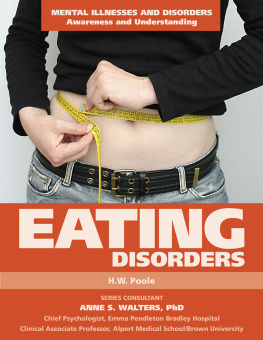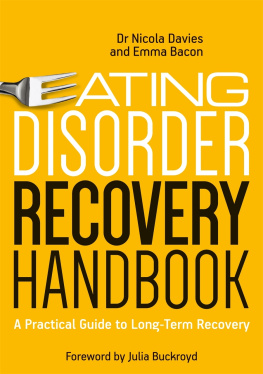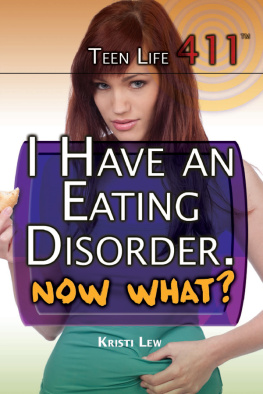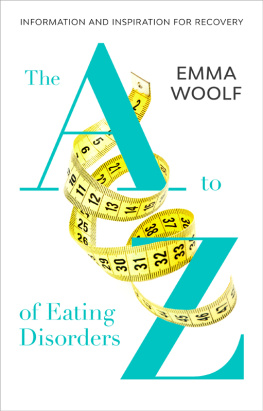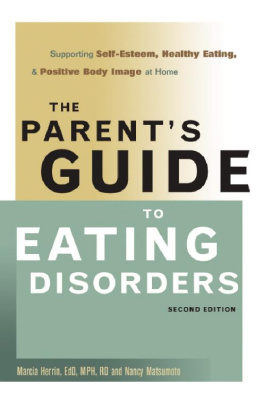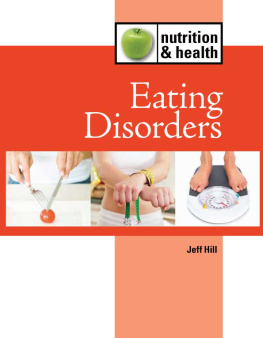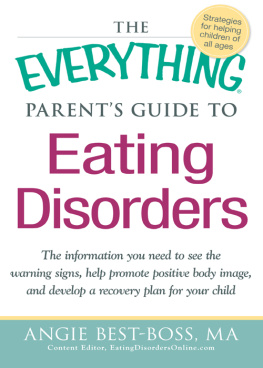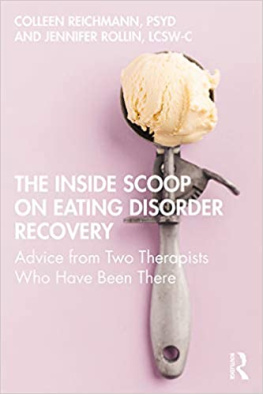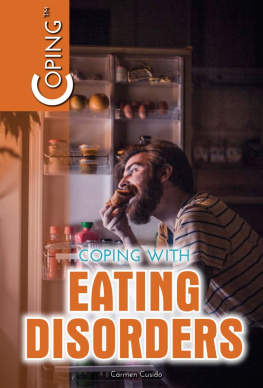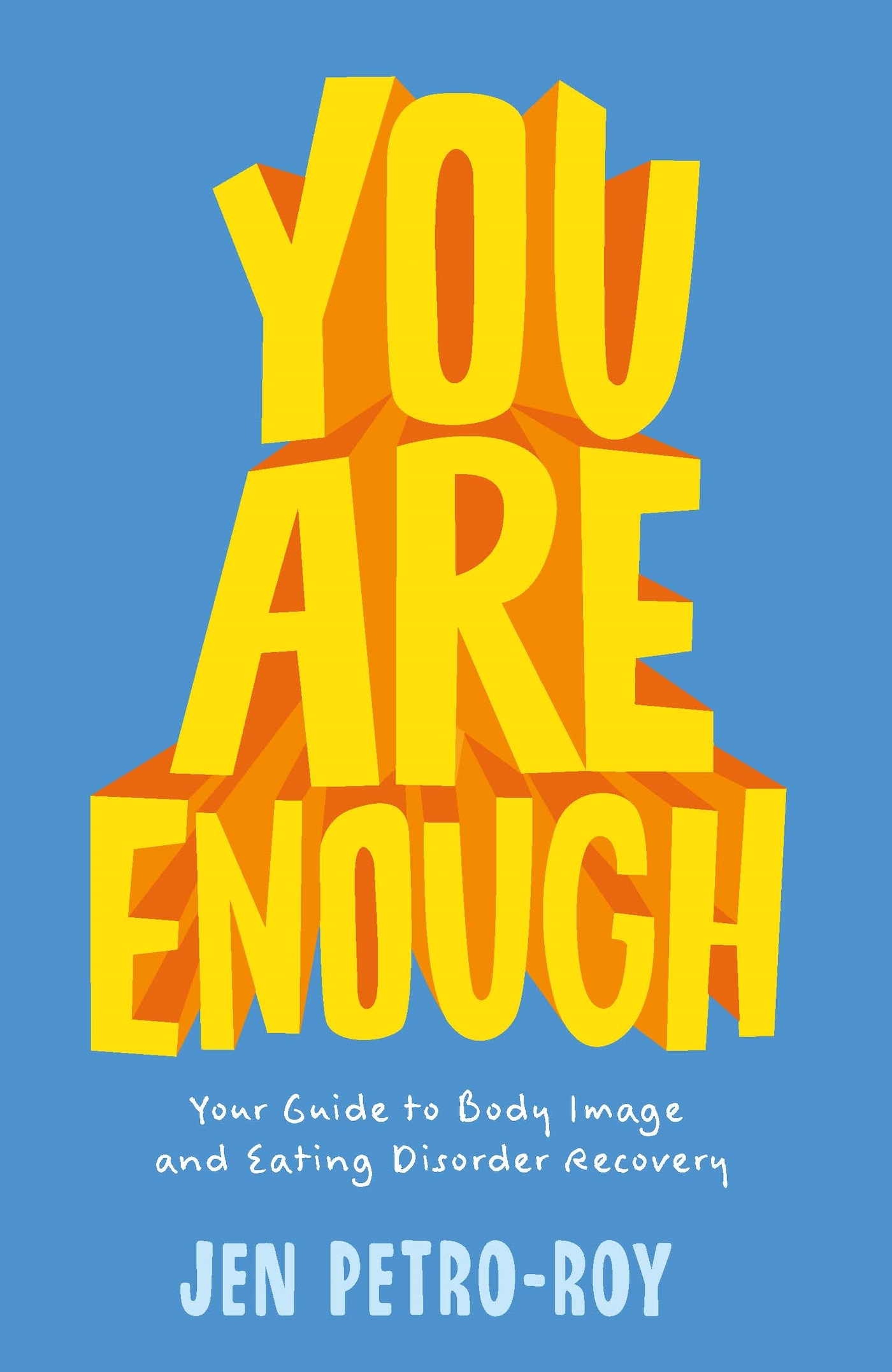Jen Petro-Roy - You Are Enough: Your Guide to Body Image and Eating Disorder Recovery
Here you can read online Jen Petro-Roy - You Are Enough: Your Guide to Body Image and Eating Disorder Recovery full text of the book (entire story) in english for free. Download pdf and epub, get meaning, cover and reviews about this ebook. year: 2019, publisher: Feiwel & Friends, genre: Religion. Description of the work, (preface) as well as reviews are available. Best literature library LitArk.com created for fans of good reading and offers a wide selection of genres:
Romance novel
Science fiction
Adventure
Detective
Science
History
Home and family
Prose
Art
Politics
Computer
Non-fiction
Religion
Business
Children
Humor
Choose a favorite category and find really read worthwhile books. Enjoy immersion in the world of imagination, feel the emotions of the characters or learn something new for yourself, make an fascinating discovery.

- Book:You Are Enough: Your Guide to Body Image and Eating Disorder Recovery
- Author:
- Publisher:Feiwel & Friends
- Genre:
- Year:2019
- Rating:5 / 5
- Favourites:Add to favourites
- Your mark:
You Are Enough: Your Guide to Body Image and Eating Disorder Recovery: summary, description and annotation
We offer to read an annotation, description, summary or preface (depends on what the author of the book "You Are Enough: Your Guide to Body Image and Eating Disorder Recovery" wrote himself). If you haven't found the necessary information about the book — write in the comments, we will try to find it.
A self-help guide that answers your questions about body image and disordered eating
This nonfiction self-help book for young readers with disordered eating and body image problems delivers real talk about eating disorders and body image, tools and information for recovery, and suggestions for dealing with the media messages that contribute so much to disordered eating.
You Are Enough answers questions like:
- What types of treatment are available for eating disorders?
- What is anxiety?
- How can you relax?
- What is cognitive reframing?
- Why are measurements like BMI flawed and arbitrary?
- What is imposter syndrome?
- How do our role models affect us?
- How do you deal with body changes?
. . . just to name a few.
Many eating disorder books are written in a way that leaves many people out of the eating disorder conversation, and this book is written with a special eye to inclusivity, so that people of any gender, socioeconomic group, race and ethnicity, sexual orientation, disability, or chronic illness can benefit.
Eating disorder survivor Jen Petro-Roy draws from her own experience with anorexia, OCD, and over-exercising, as well as research and interviews with survivors and medical professionals, to deliver a toolkit for recovery, written in a easy-to-understand, conversational way.
Jen Petro-Roy: author's other books
Who wrote You Are Enough: Your Guide to Body Image and Eating Disorder Recovery? Find out the surname, the name of the author of the book and a list of all author's works by series.

